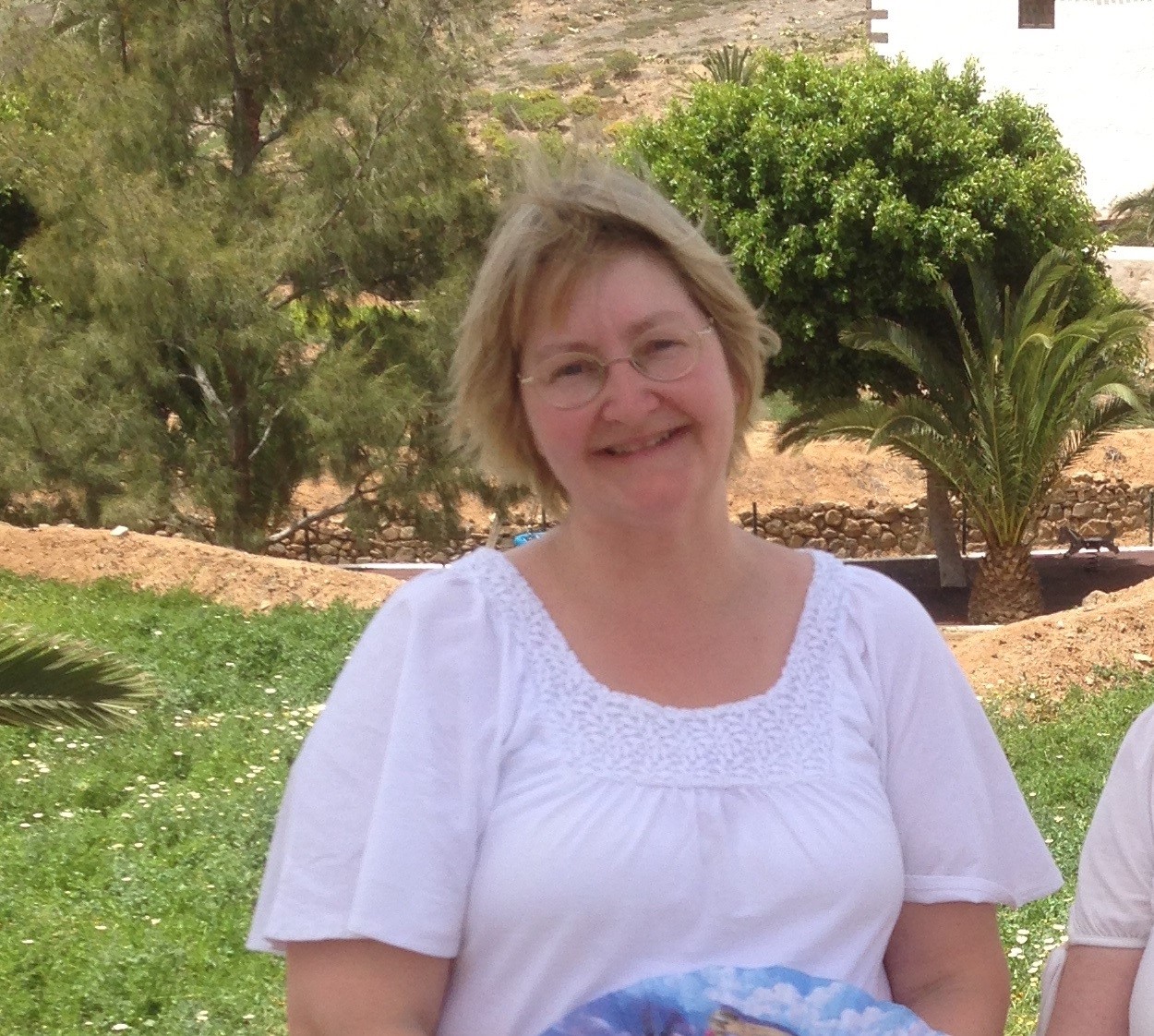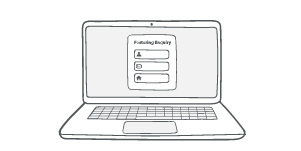
“Seeing the bond develop between a parent and child is fantastic.”
Karen – TACT Foster Carer since 2017
North East
Child and parent placements are a very specialist type of fostering, but an incredibly important one which can have an amazing impact on the life of a parent and their child. There are a number of reasons why these placements exist; the parent sometimes needs extra support, help and advice to help them cope through their pregnancy or the early stages of their child’s life. The role can be slightly different to other types of fostering – the foster carer is there to teach and support the parent so that they can hopefully move on to independence, but the role also involves a lot more reporting and logging of activity. You help contribute to the assessment if there are significant concerns about parenting capacity, and therefore you will be logging both positive and negatives things that you’ve observed.
TACT Foster Carer Karen shares her story below of caring for a child and parent.
“Before joining TACT, I had previously been a foster carer with my local authority which was where I gained my first experience of caring for a child and parent foster placement. I had never actually thought about caring for child and parent placements, but the LA were desperate to place a 15-year-old with a 6-week-old baby and asked if I would consider caring for them. I did, and found that I really enjoyed this type of placement, so when I transferred to TACT last year it was something I already felt comfortable with.
I am now caring for a young mother, who originally came to me whilst she was heavily pregnant, and her baby who is now 5 months old. I’ve found that it’s really important to separate the needs of mum and baby whilst caring for this type of placement – I need to ensure the baby is safe while also looking after the welfare of the mum, and this can sometimes mean different approaches are needed for the two of them.
It can sometimes be difficult to find the balance between supporting and caring for the parent, who themselves have suffered significant trauma during their childhood, while also providing care for the baby. I try to provide advice to the mum, but this doesn’t always have to be taken as it’s their child and their choice of how to raise them. I understand how infuriating it is for the mother for someone to constantly be saying “I used to do this”, so instead I tend to give her a range of options as to what may work in a situation and tell her people try different things, before allowing her to try each option out and see what works best for her. Hopefully the approach I use is helping the parents self-esteem to build in order for her to support her child independently.
I love to see the bond between mum and baby develop while I care for child and parent placements. When the baby is first born, the mum can often struggle, but seeing first hand over the weeks and months that go by the bond develop between the two of them, and watching the mum grow in confidence and become able to meet the needs of the baby, is fantastic to see. It’s also an incredibly rewarding feeling being told by other people, including Ofsted, that the young person has transformed and is like a different person.
The emotional preparation when preparing to welcome a child and parent into your home differs significantly from other types of fostering placements. With younger children they need a calm, safe environment, and while this is similar for child and parent placements you also have to prepare that you are working with a parent who has the right to bring up their child, even if this isn’t to the same standard or done in the same way you would choose. Another challenge which comes with this type of fostering is handling the emotions of the parent, which can sometimes be heightened when pregnancy hormones are present. You should also be prepared for more paperwork to do than with other types of fostering – part of your role is to give feedback and contribute to the assessment where there are concerns about the parent’s capacity. Thankfully TACT provide specific training courses for child and parent placements and continue to support throughout the placement with weekly visits and regular phone calls from your supervising social worker.
My advice to other potential foster carers who are thinking of caring for child and parent placements is to remember you are dealing with a vulnerable parent, someone who has probably suffered significant trauma in their lifetime and therefore does not have the same version of ‘normality’ as what you may do. It’s important to support the parent wherever you can in order to allow their self-esteem to build in order for them to support their child. You should remember though that through all the challenges, you are doing something which may help to keep a family unit stay together.”
Find out more about child & parent fostering here.




